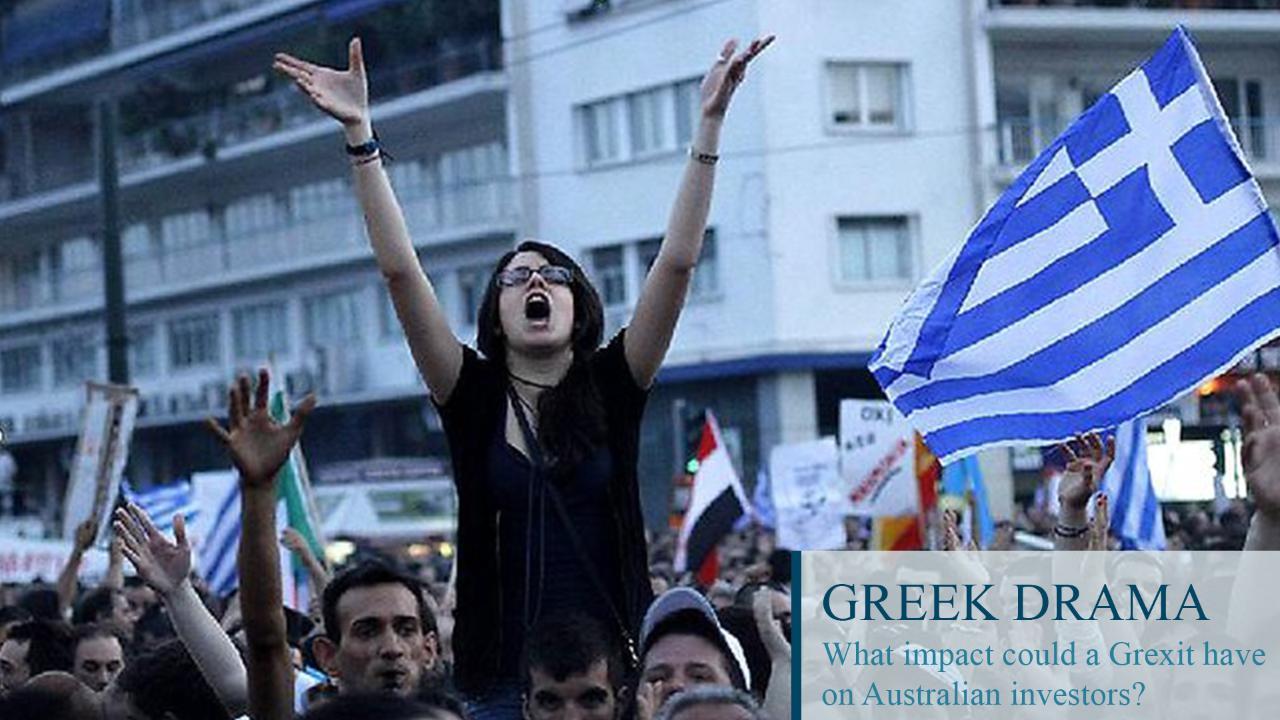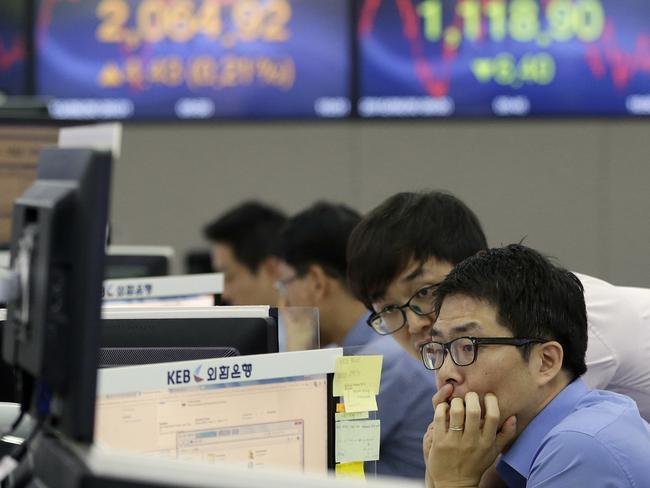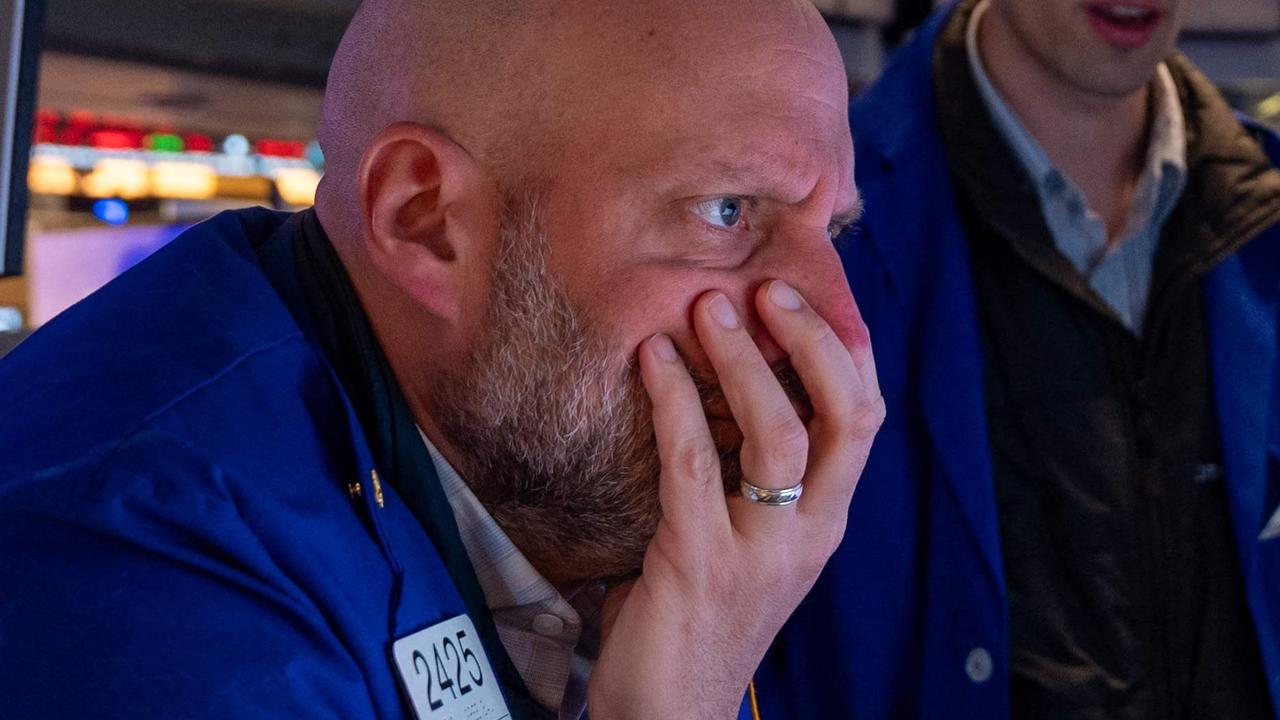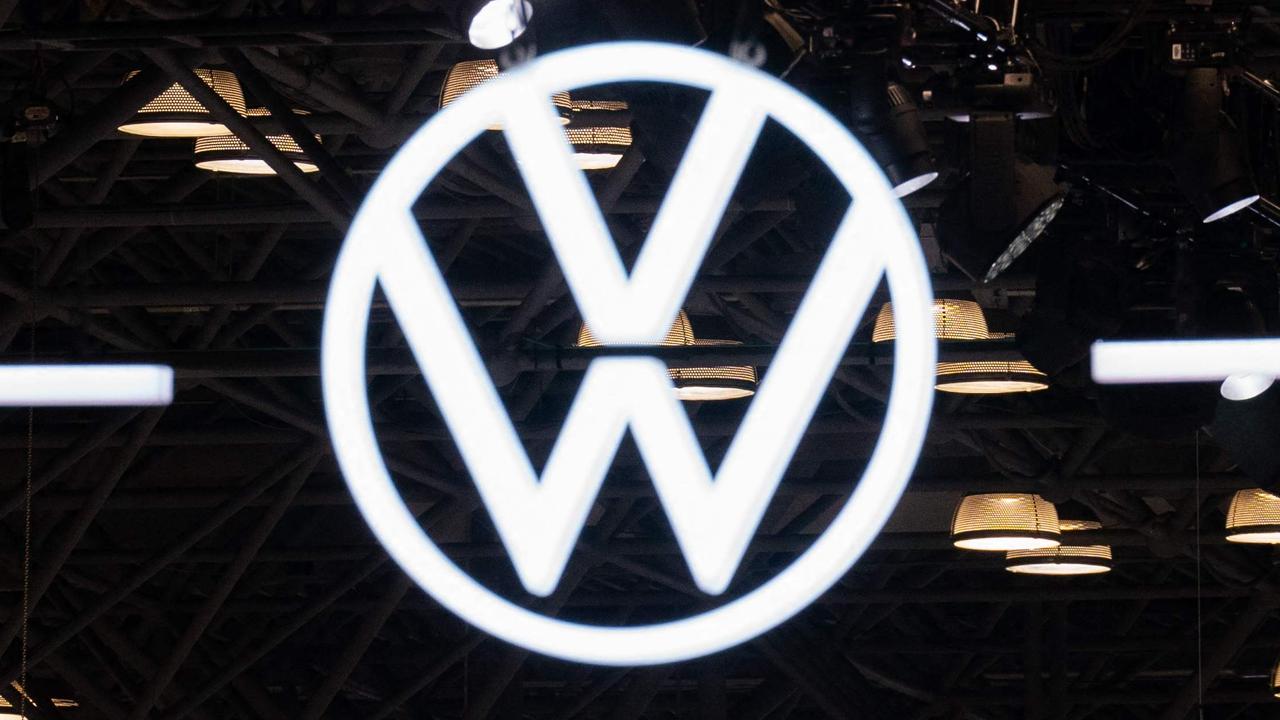What a Grexit would look like
THE Greek people have just done something unprecedented. What would an exit from the euro actually involve.

THE Greek people have just done something historic - and potentially disastrous.
By using their referendum to emphatically reject a bailout deal containing tough austerity measures, they have once again raised the prospect of an exit from the eurozone.
Greek Prime Minister Alexis Tsipras has indicated he wants to return to the negotiating table with Europe, but a deal without those rejected austerity measures may not be possible.
So, what happens if Greece’s belligerence leads to it being kicked off the euro?
CURRENCY CHAOS
If Greece does exit the euro, it would either need a new currency, or a reversion to its old one, the drachma. But the transition would be long and legally complex.
Economists say the value of the drachma might be about half that of the euro so the savings of Greek citizens could be worth half what they are today, even if they keep repaying debts in euros.
No country has ever left the eurozone, and there were never any plans put into place for such an event to occur. It is uncharted territory. In the event that Greece does leave, the government would need to pay its bills by printing IOUs, which would become a parallel currency.
There is a precedent for this. In 2009, a bankrupt California began printing IOUs to pay taxpayers, vendors and local governments in lieu of cash.
How Greece would go about determining a rate of exchange for the new currency is entirely unclear. “If I had 100 euro in the bank when I went to sleep, I might wake up with 100 drachmas,” University of Sydney senior economics lecturer Mark Melatos said.

The problem, obviously, is those drachmas would be worth much less in real terms than euros — hence ordinary Greeks’ desperation to pull cash out while it’s still worth something.
About five billion euros ($A7.32 billion) were reportedly withdrawn in May alone.
Greece households are already stuffed full of cash, hidden in any place people can find. Euro notes are spent sparingly, and barter systems have begun cropping up in many communities.
“If a new currency was introduced, it would surely be worth much less than half the euro. The person in the best position is someone with a whole heap of euros sitting in their pocket,” Dr Melatos said.
How long it would take the real exchange rate to stabilise is again unclear, as there are very few precedents. “This doesn’t happen very often, and that’s part of the problem. It’s very rare that a country switches currencies, which is what’s causing all the fear.”
There is also the risk of inflation of the new currency. Petrol, for example, would become very expensive due to the cost of oil imports. However, the lower exchange rate could also help to restart the country’s economy.
“There would be a short-term shock but it could actually be quite good for Greece, it would suddenly become a very low-cost place and that would be good for its shipping and tourism,” UNSW economist Tim Harcourt said.
In the long term, many economists agree that moving to its own currency would be the best thing for Greece. But the process would be extremely painful.
“All the options are bad, but the best option is probably to leave and have their own currency,” Dr Melatos said.
“As far as I can tell, the debt can’t be repaid, at least not in full, so they may as well default as you would in a normal bankruptcy.
“Sure it will be a lot of pain in the short term, but the alternative would have required other euro countries to give even more money to Greece in perpetuity.”




